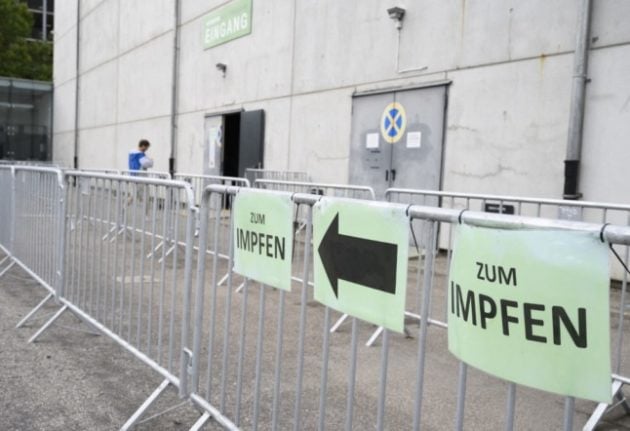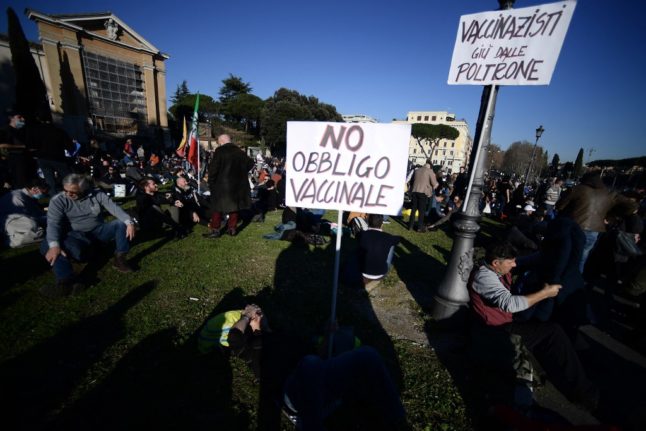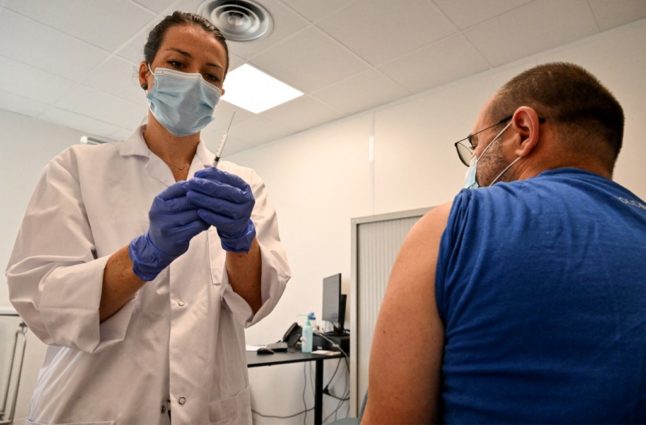A new poll on Covid-19 vaccinations in Germany showed clear differences to the official figures that are reported by the German public health body, the Robert Koch Institute, German news magazine Spiegel said on Saturday.
According to an online, anonymous survey carried out by Infratest dimap in cooperation with the German Institute for Economic Research (DIW), around 75 percent of 18 to 59-year-olds said they had received a first jab by July 13th.
This is 16 percentage points higher than the official RKI statistics for that period, which gave the figure for this age group as 59 percent.
This backs up a recently published report by the health body themselves, which found a discrepancy between the figures from those it polled as part of its ongoing Covid monitoring (Covimo) and the official government statistics, at least for the number of people who had received their first vaccination dose.
READ ALSO: German public health authority to investigate ‘underreported’ Covid jabs
READ ALSO: ANALYSIS: Is Germany underestimating its Covid vaccination numbers?
One of the reasons for this given by RKI was that when the single-dose Johnson & Johnson vaccine was administered, doctors reported it as a second vaccination dose and were unable to note the vaccine type or the age group of the recipient.
According to RKI’s Covimo poll, as many as 79 percent of the 18 to 59-year-olds surveyed said they had had their first jab. That was 20 percentage points more than the official digital dashboard indicated at that time.
The differences indicated that the actual vaccination rate is significantly higher than statistics show, DIW researcher Mathias Huebener told Spiegel. He was working on the basis of a first-vaccination rate of at least 70 percent for 18 to 59-year-olds up to July 13th.
If correct, that would mean around five million more people had received a first vaccine dose than the official RKI data indicates.
And, according to the ongoing Infratest survey, on 28th July, 80 percent of all adult respondents said they had received a first jab. This corresponds to a rate of 67 percent of the total population.
However, RKI statistics from this point in time showed that only 61 percent of the population had received their first dose, another difference of around five million vaccinations, according to Spiegel.




 Please whitelist us to continue reading.
Please whitelist us to continue reading.
Member comments